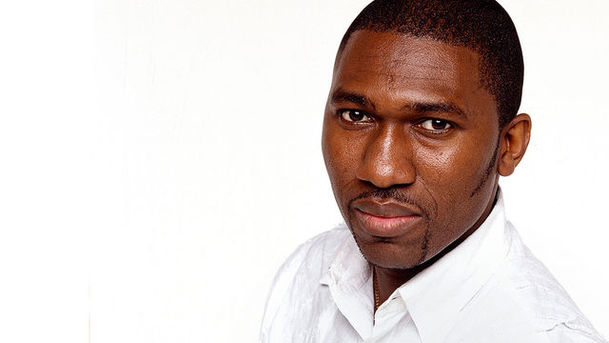The London Story - Episode 1

Playwright Kwame Kwei-Armah explores how, over the last thirty years, London became a diverse, creatively rich world city and how its brash, dynamic and uncompromising population has shaped its politics and culture since the 1970s. There is no such thing as a typical Londoner - one in three of the city's residents was born outside the UK and some 300 languages are spoken in the capital. Those who come to London are drawn to its teeming possibilities, its openness and its promise of life without limits - you can be who you want to be because everybody else is too busy enjoying the buzz to care. Yet in the 1970s London was on the brink - a depressed city with a declining population and a shrinking manufacturing base. These days the population is growing again and, recession notwithstanding, the city is basking in a cultural resurgence and a confidence in its 24 hour cosmopolitan reputation which is evident from the streets of Soho to the bustle of Brick Lane. On the other hand, it's argued that today's London at the top of its game has become adrift from the rest of the UK, that it's now a city of the world rather than of its own country. Brought up in 1970s Southall in west London, Kwame returns to his childhood haunts to hear how his neighbourhood's history laid the foundations of what Southall is today - a lively, multi ethnic community. In April 1979 tensions in Southall led to protests in the streets and clashes with the police that cost the life of demonstrator Blair Peach. Today's Southall is a relatively harmonious community and Kwame hears the stories of how its evolution from that crisis has eptiomised the coming of age of the 21st century's dynamic, multi ethnic London. Producer: Paula McGinley.